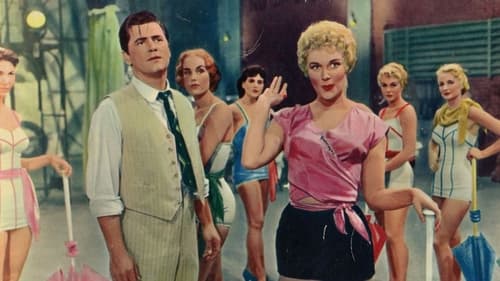
Ray Henderson joins Buddy De Sylva and Lew Brown to form a successful 1920s musical show writing team. They soon have several hits on Broadway but De Sylva's personal ambition leads to friction as the other two increasingly feel left out of things.

A documentary about Swedish Discus champion Ricky Bruch as he prepares for the 1984 Olympics. The film highlights Bruch's obsessive behavior regarding his training and preparations. Facing difficulties with the Swedish Olympic Committee, Bruch is denied the right to compete in the Olympic Games. Bent on revenge, he trains like an animal and competes in smaller competitions, ultimately throwing his career-best 71.26 meters (233 feet, 9 inches). Proving to himself and the world that he is the greatest, Ricky's throw would have won the 1984 Olympics by nearly 5 meters.
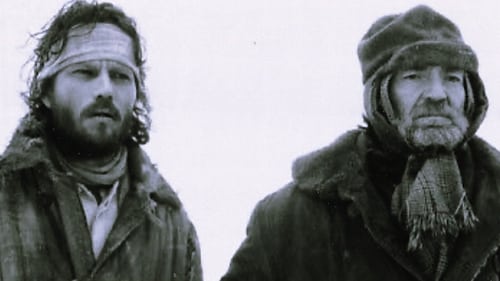
A biographical film about Victor Herman, based on the memoir of the same name.

Largely considered to be the greatest American author, Mark Twain is celebrated in this exhaustive documentary by filmmaker Ken Burns.
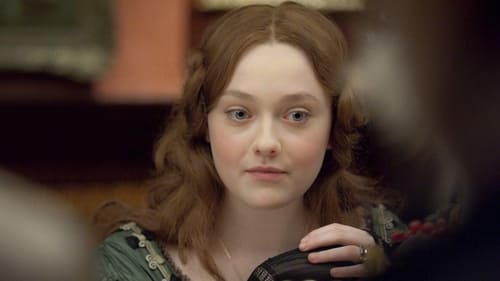
A look at the mysterious relationship between Victorian art critic John Ruskin and his teenage bride Effie Gray.
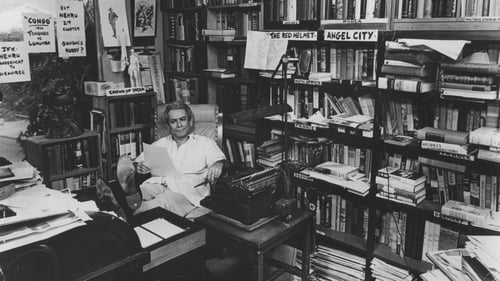
In a documentary about Samuel Fuller, the spectator gets different impressions about the Hollywood director and his films. The film is divided into the three sections: The Typewriter, the Rifle and the Movie Camera. The first segment covers Fuller's past as a newsman where he began as a copy boy and ended as a reporter. Part two describes Fuller's experiences in World War II, in which he participated as a soldier. The last section focuses on Fuller as director. Tim Robbins interviews Samuel Fuller revealing the director's own memories and impressions. Beside the interview, Jim Jarmusch, Martin Scorsese and Quentin Tarantino accompany the documentary with their comments.
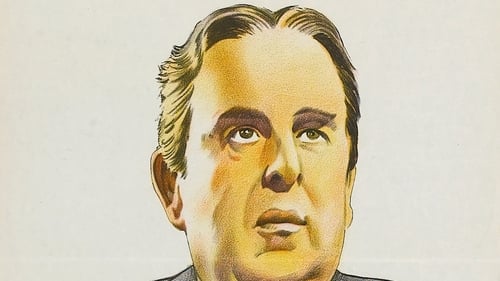
England, 1891. Ascending writer Oscar Wilde (1854-1900) meets Lord Alfred Douglas, a young nobleman. Over the years, they will maintain an intimate relationship that will be openly criticized by Alfred's father, the Marquis of Queensberry, in such a harsh way that Wilde, instigated by Alfred, decides to sue Queensberry in 1895, accusing him of defamation.

A fictionalised biopic about the end of David Hockney's relationship with Peter Schlesinger which was named after Hockney's pop-art painting 'A Bigger Splash'.
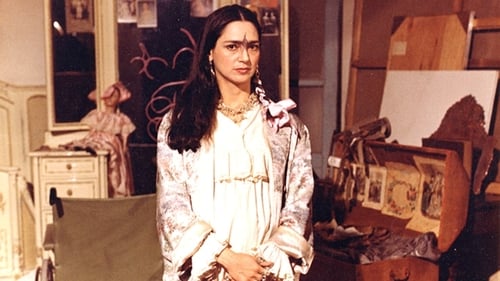
This film is a chronicle of painter Frida Kahlo, and her encounter with the personalities of her time. Despite being confied to a wheelchair as a result of polio, operations and amputations, she faces and traces some of the most colorful and controversial aspects of Mexican history, during the dominant time of Mexican muralism.

Thom Andersen's remarkable and sadly neglected hour-long documentary adroitly combines biography, history, film theory, and philosophical reflection. Muybridge's photographic studies of animal locomotion in the 1870s were a major forerunner of movies; even more interesting are his subsequent studies of diverse people, photographed against neutral backgrounds.
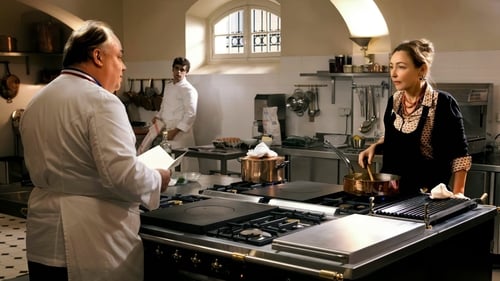
フランスの片田舎で小さなレストランを営む女性料理人のオルタンス・ラボリ。ある時、政府に呼び出されて向かった先は、フランス大統領官邸“エリゼ宮”。過剰な装飾を排した素朴な料理を望む大統領が、著名なシェフの推薦を受け、彼女を正式なプライベート・シェフに任命したのだった。しかし官邸の厨房は男ばかりで、おまけに形式ばったしきたりや厳格な規律に縛られた堅苦しい職場だった。案の定、最初は同僚シェフたちの冷たい視線を受け続けるオルタンス。それでも彼女の料理に対する熱意と信念が揺らぐことはなく、いつしか周囲を自分のペースに巻き込んでいくのだったが…。
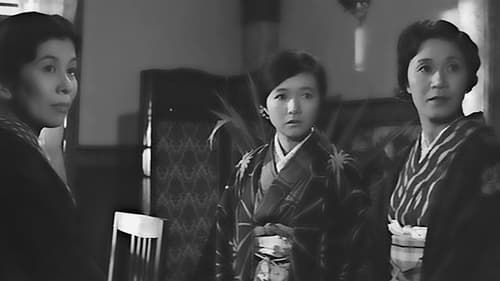
Considered one of the finest late Naruses and a model of film biography, A Wanderer’s Notebook features remarkable performances by Hideko Takamine – Phillip Lopate calls it “probably her greatest performance” – and Kinuyo Tanaka as mother and daughter living from hand to mouth in Twenties Tokyo. Based on the life and career of Fumiko Hayashi, the novelist whose work Naruse adapted to the screen several times, A Wanderer’s Notebook traces her bitter struggle for literary recognition in the first half of the twentieth century – her affairs with feckless men, the jobs she took to survive (peddler, waitress, bar maid), and her arduous, often humiliating attempts to get published in a male-dominated culture.

A young journalist interviews a man who was a torturer during the early days of the communist regime in Romania.

The life of Henri de Toulouse Lautrec, famous french painter, who lived, enjoyed, loved in the late 1800s Paris' Montmartre cultural life. He suffered from suffered from congenital health conditions traditionally attributed to inbreeding. His lifestyle and work are a testimony of the late-19th-century parisian bohemian lifestyle, as he was commissioned to produce a series of posters for the Moulin Rouge cabaret opening. As an alcoholic, he was addicted to absinthe. The movie related his love affair with the french painter Suzanne Valadon.
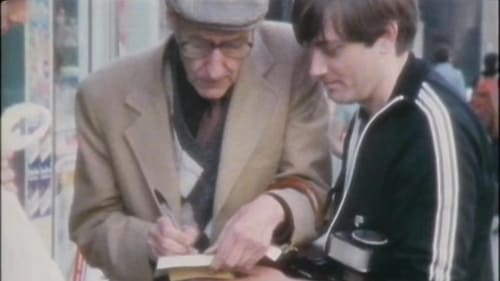
Derek Jarman's film portrait of American writer William S. Burroughs was shot in September 1982 during his first visit to England to attend the legendary Final Academy events at the South London Ritzy Cinema. These were Burroughs-themed art and performance nights curated by Psychic TV. Jarman’s film shows Burroughs on Tottenham Court Road signing autographs with fans and inside a shop buying alcohol. The industrial soundtrack by Psychic TV features a sample of Burroughs repeating "boys, school showers and swimming pools full of 'em'". Additional footage shot by Jarman during Burroughs' visit is reported to have been confiscated by Scotland Yard in 1991 and remains lost. Jarman and Psychic TV would continue to collaborate (“magic bound us together” Jarman wrote), with Jarman directing the music video for Catalan and staring as the spokesperson in the Psychic TV video A Spokesman for the Temple of Psychick Youth.
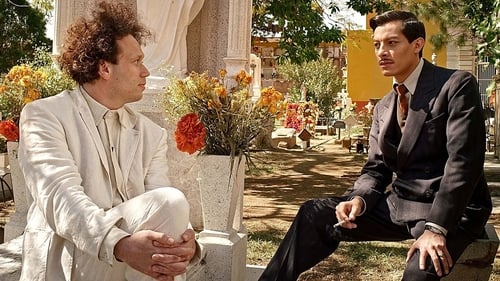
In 1931, following the success of the film Battleship Potemkin, Soviet filmmaker Sergei Eisenstein travels to the city of Guanajuato, Mexico, to shoot a new film. Freshly rejected by Hollywood, Eisenstein soon falls under Mexico’s spell. Chaperoned by his guide Palomino Cañedo, the director opens up to his suppressed fears as he embraces a new world of sensual pleasures and possibilities that will shape the future of his art.

A story about 4 gay men who try to lead a normal life in Korea, the conservative and harsh country for LGBT in Asia. In the middle of making a queer film Jun-moon, a director, loses his self-confidence due to social scrutiny regarding his sexual orientation. Byung-gwon, a gay rights activist, has been participating in movements to establish equal rights for homosexual laborers. Young-soo, a chef who moved from the countryside 15 years ago, lived a lonely life but he finds happiness after joining a gay choir. Yol, who works for a major company, dreams of the day him and his partner, can have a legal wedding with overcoming the prejudice against people living with HIV/AIDS.

During the final years of his life, the famous writer Samuel "Mark Twain" Clemens is befriended by a young girl named Dorothy Quick.

Adapted from a book by Robert Lacey, this biographical film chronicles both the private and public life of automobile manufacturer Henry Ford (Cliff Robertson).

In 13th century Italy, Francis Bernardone, the son of an Assisi merchant, renounces a promising army career in favor of a monastic life and starts his own religious order, sanctioned by the Pope.

















